Babyn Yar
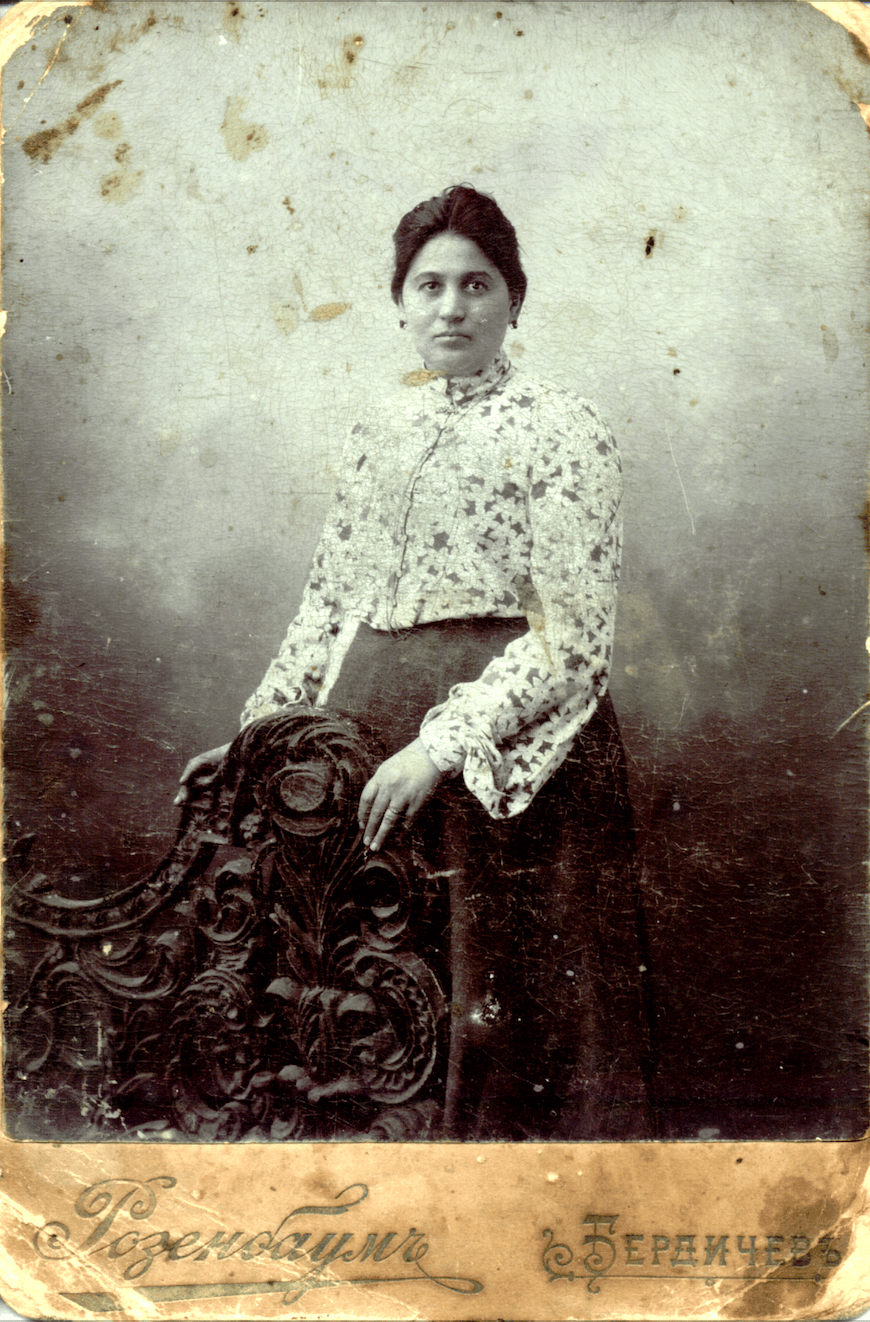
That most infamous of ravines, where Germans shot more than 33,000 Jews in Kyiv in two days
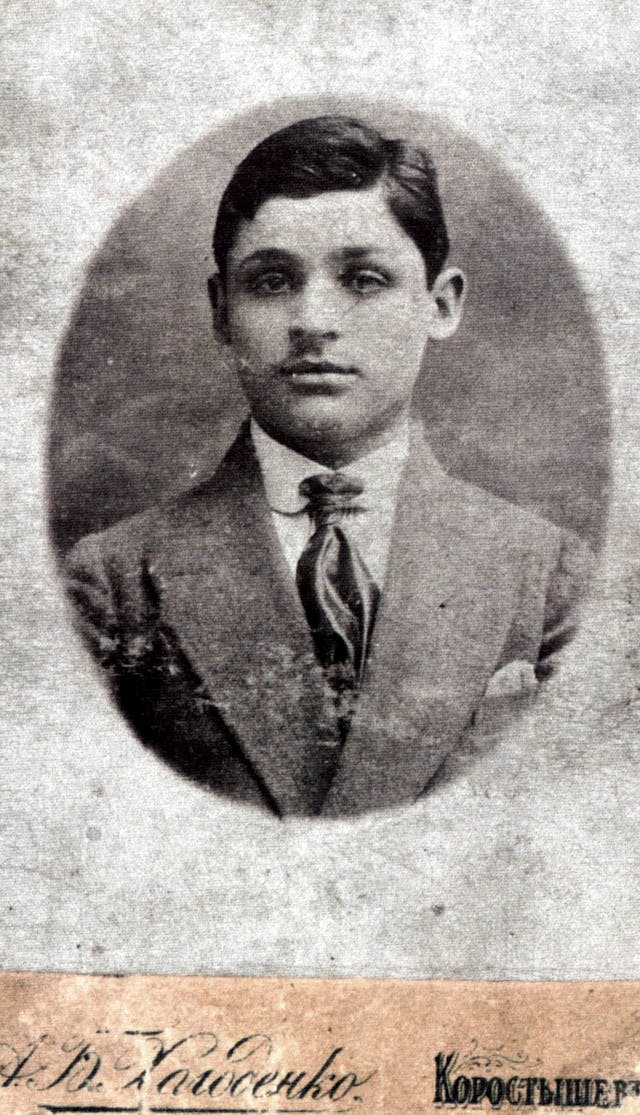
Frida Palanker
Photo taken in: Korostyshiv, Zhytomyr oblast, Ukraine, 1911 - Interviewer: Unknown
My father Nusim Veprinsky. During the war he was in the reserves, so when my mother and siblings evacuated, he stayed. When I returned to in 1945, my neighbors told me that a German man living in our house reported my father to the Germans when they occupied the city. On September 29 they came to take him away and killed him at Babyn Yar.
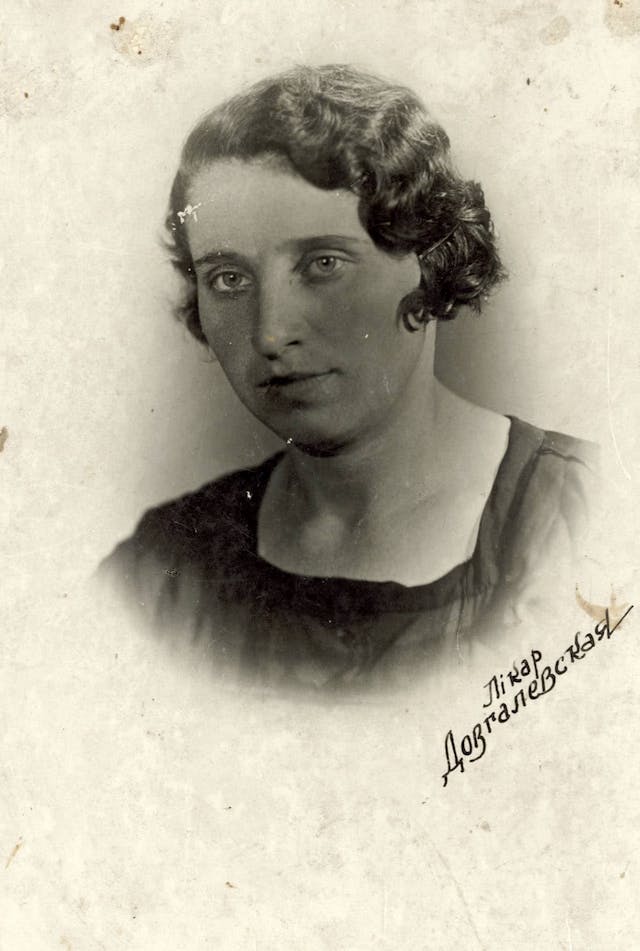
Klara Dovgalevskaya
Photo taken in: Kyiv, 1936 - Interviewer: Vladimir Zaidenberg
A picture of my sister, Sonya Dovgalevskaya, taken from the yearbook of the Medical Institute in Kyiv. She was mobilized into the army as a doctor before the war and participated in the defense of Kyiv. When the Germans occupied the city, one of her former friends reported her to the Germans. When we returned from occupation our neighbors told us that Sonya was taken to Babyn Yar and shot.
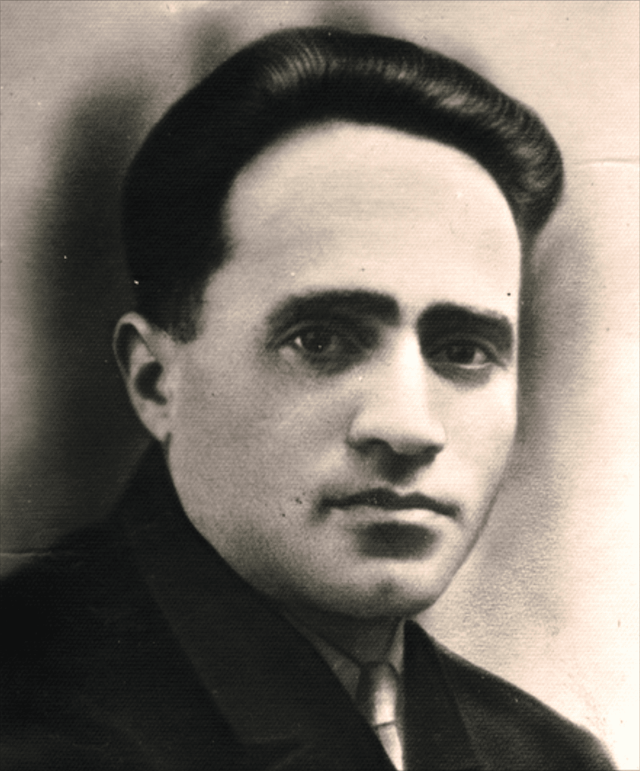
Larisa Khusid
Photo taken in: Odessa, 1922 - Interviewer: Zhanna Litinskaya
My uncle, Idel Khusid, was born in 1885. He had a degree in economics and lived in Kyiv with his wife Valentina, who was German. Valentina convinced him that Germans were a civilized people who would not harm the Jews, so he did not go into evacuation. Our relatives told us that Valentina handed him over to the police and that they saw him among the Jews being taken through the streets to Babyn Yar on 29 September 1941.
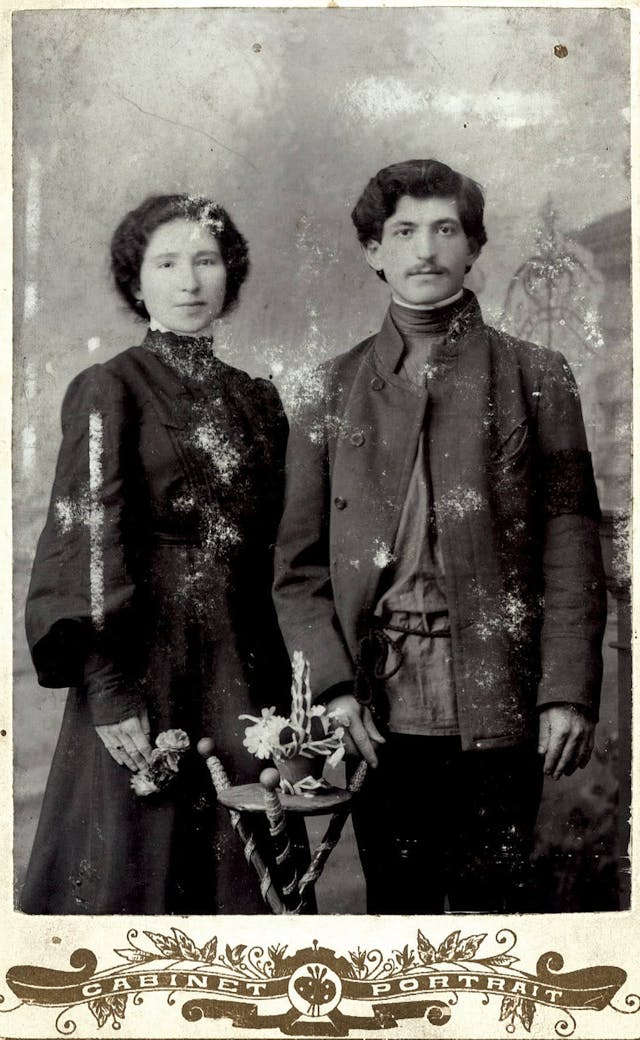
Lubov Ratmanskaya
Photo taken in: Yelets, Lipetsk oblast, Russia, 1906 - Interviewer: Yulia Smelianskaya
A wedding portrait of my parents, Isay Ratmansky and Sofia Ratmanskaya. My mother died in evacuation in Tashkent, but my father stayed in Kyiv. I wrote him from Moscow, telling him to leave Kyiv, but he didn’t want to. He remembered the behavior of the Germans during World War I, so he stayed. He was killed at Babyn Yar in 1941.
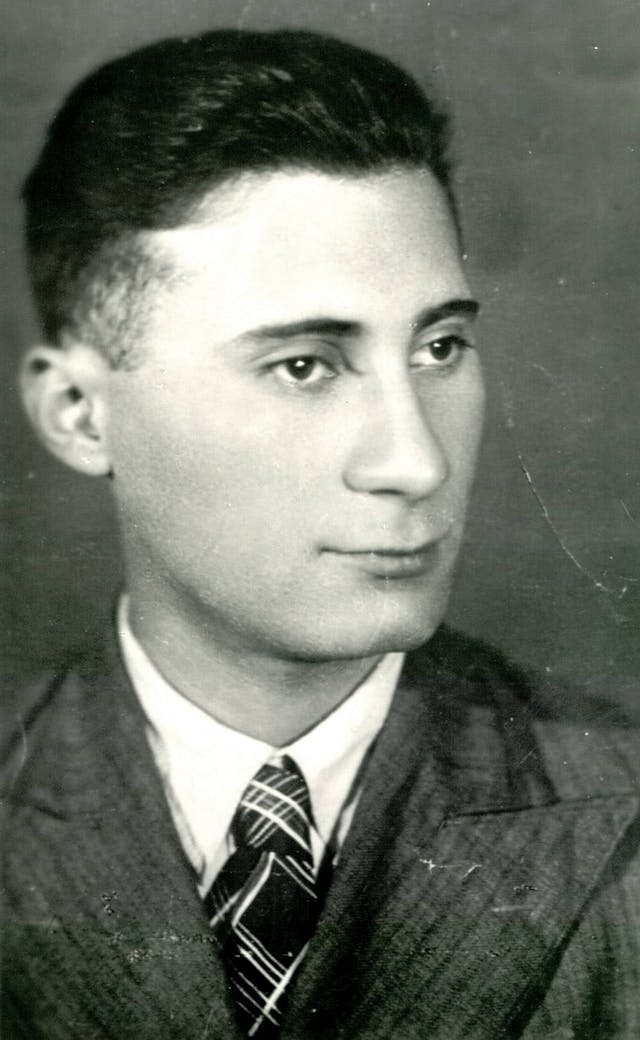
Zhenia Kriss
Photo taken in: Kyiv, 1938 - Interviewer: Zhanna Litinskaya
My cousin Anatoliy Yufa. He was blind in one eye and therefore unfit for the army, but he participated in the defense of Kyiv with a group of volunteers from the university. Almost all of them perished. Anatoliy survived and returned to the city, where he hid in the attic of one of his schoolmates. However, he was reported to the Germans and taken to Babyn Yar, where he was killed.
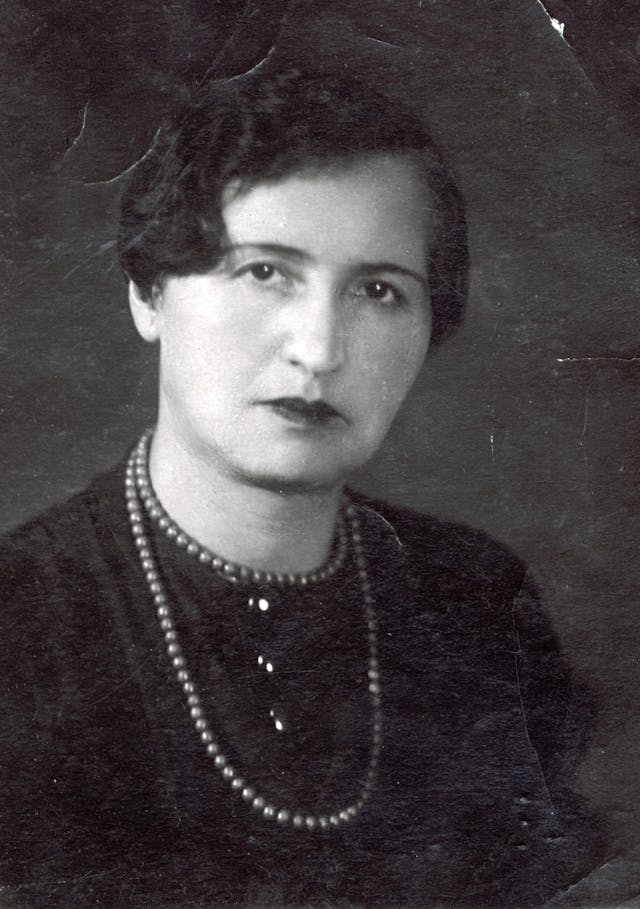
Deborah Averbukh
Photo taken in: Kyiv, 1939 - Interviewer: Ella Orlikova
My mother, Rakhil Averbukh. My parents didn’t evacuate because my father thought the Germans were civilized people. My mother was a very strong person. I don’t remember her crying when my brother Israel left for the front or when I said goodbye before going into evacuation. In 1944 I got a postcard from a neighbor in Kyiv saying that my parents had been shot in 1941 at Babyn Yar.
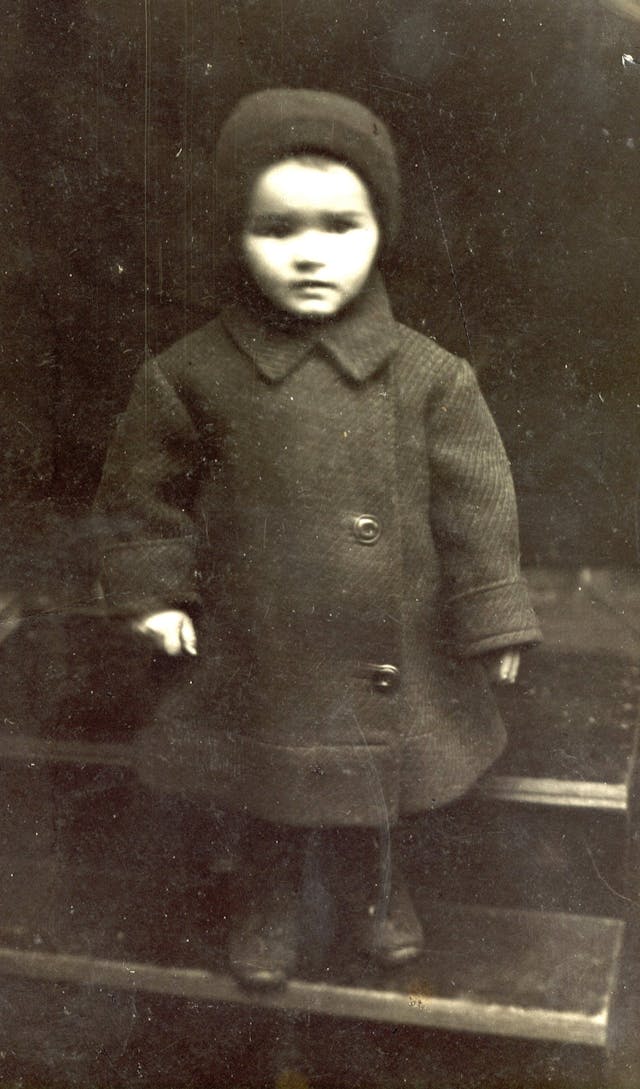
Evadiy Rubalskiy
Photo taken in: Kyiv, 1923 - Interviewer: Ella Levitskaya
My sister, Shiva Rubalskaya, when she was two years old. In 1941 I was serving at the front while my grandparents, mother, and sister stayed in Kyiv. My grandfather thought the Germans would persecute communists but not Jews. They stayed and followed the commandant’s order to walk to Babyn Yar on 29 September 1941. Shiva had finished her first year at the Food Industry College when the war began.
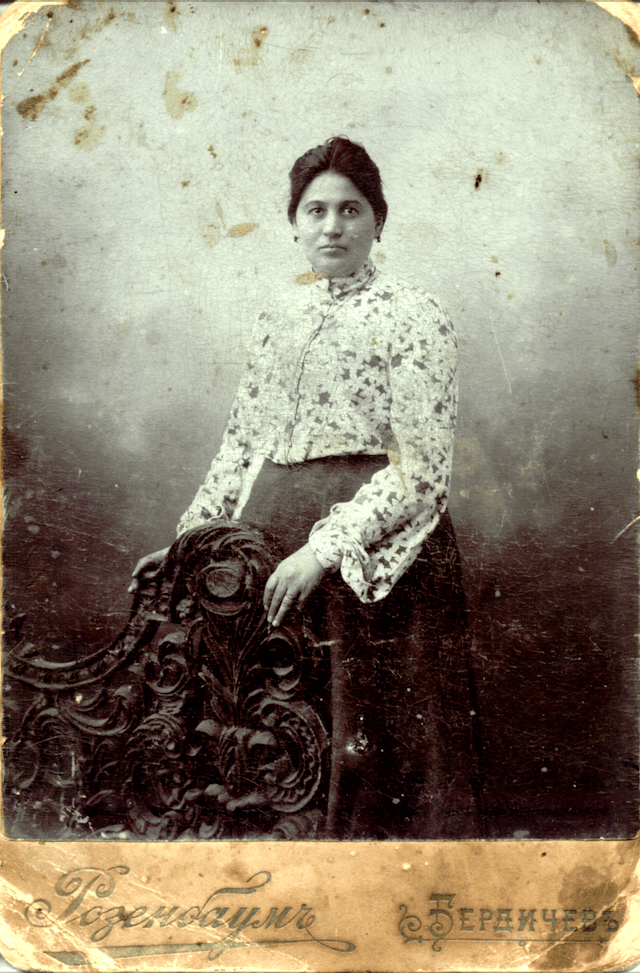
Frieda Rudometova
Photo taken in: Berdychiv, 1916 - Interviewer: Zhanna Litinskaya
My mother Revekka Winner. I carried this photo of her with me in evacuation. I evacuated Kyiv along with the other employees of the shipyard. I didn’t go to see my mother—I could not take her with me and I didn’t have time to say goodbye. We thought we would be back in two months. When I returned, neighbors told me my mother had been taken to Babyn Yar.
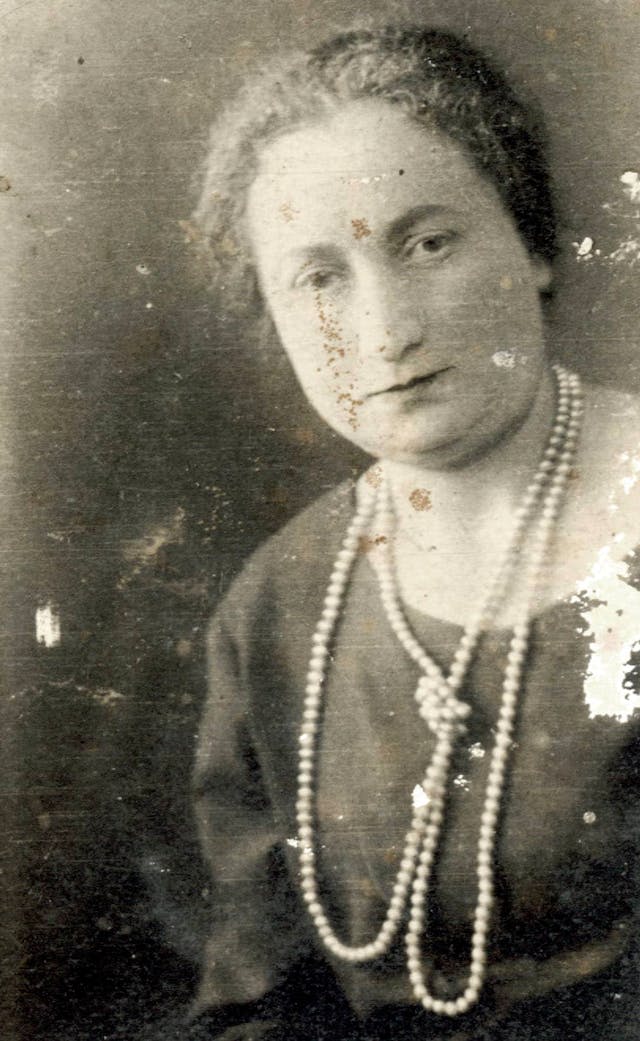
Efim Kadanskiy
Photo taken in: Kyiv, 1939 - Interviewer: Unknown
My great-aunt, Olia Shkurovich, the daughter of my grandmother’s sister Leya. They were a religious family, and Olia was one of eight children. Olia was deaf and mute. When the rest of her family went into evacuation during the war, Olia refused to go. She stayed in Kyiv and was murdered at Babyn Yar.
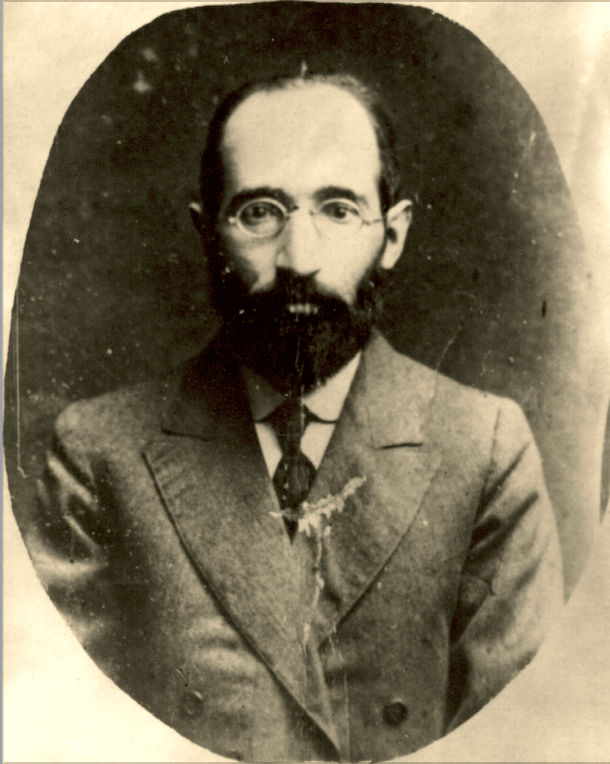
Maya Pivovar
Photo taken in: Kyiv, 1930s - Interviewer: Oksana Kuntsevskaya
My grandfather, Boruch-Benicion Freidman. My mother tried to convince him and my grandmother to evacuate with us, but they didn’t want to leave. My grandfather was ill and said he would rather stay and die in his bed than die on the way. When we returned in 1944 our neighbors told us that my grandparents had been killed at Babyn Yar.